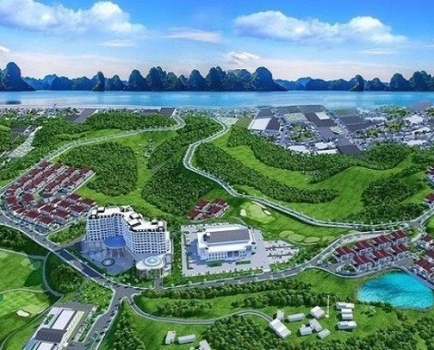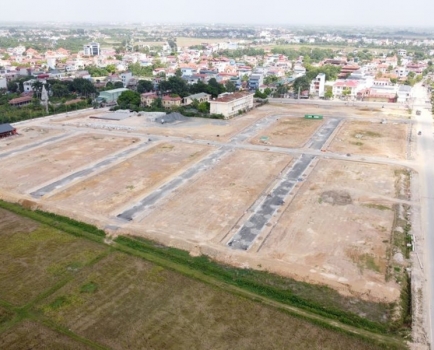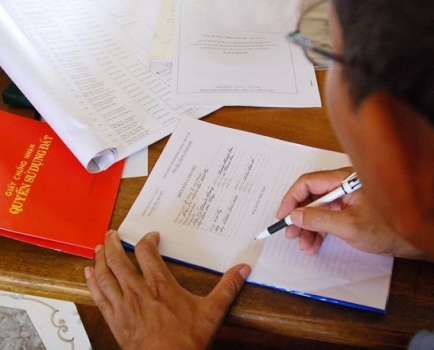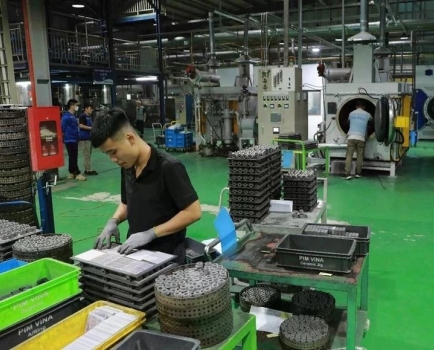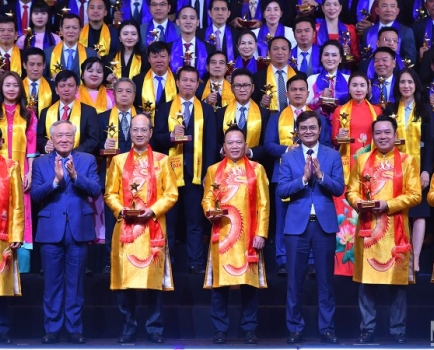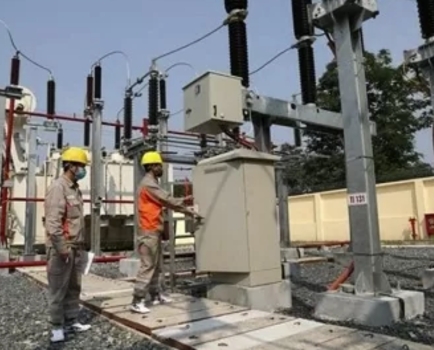Understanding the Land Use Term on the Certificate
Fri, 21 Jun 2024 13:57:00 | Print | Email Share:
Mr. Truong Le Loc (Ho Chi Minh City) asked whether the land use term indicated on the Certificate of Land Use Rights, expiring in 2025, means that the land can be used until December 31, 2025. Is that correct?
The Ministry of Natural Resources and Environment responded as follows:
Article 126 of the Land Law of 2013 stipulates the land use terms as follows:
"1. The term for land allocation, recognition of agricultural land use rights for households, individuals directly engaged in agricultural production as prescribed in Clause 1, Clause 2, Point b Clause 3, Clause 4, and Clause 5 of Article 129 of this Law is 50 years. Upon expiry, households, individuals directly engaged in agricultural production may continue to use the land for the term specified in this Clause.
2. The term for agricultural land lease for households, individuals shall not exceed 50 years. Upon expiry of the lease term, households, individuals may apply to the State for lease extension.
3. The term for land allocation, lease for organizations for use in agriculture, forestry, aquaculture, salt making; organizations, households, individuals for commercial, service purposes, non-agricultural production bases; organizations for project investment; Vietnamese residing abroad, foreign-invested enterprises for project investment in Vietnam shall be considered, decided based on the investment project or land allocation/lease application but not exceeding 50 years.
For projects with large investment capital but slow capital recovery, projects in economically difficult, particularly economically difficult areas that require a longer term, the land allocation, lease term shall not exceed 70 years.
For housing business projects for sale or combined sale and lease, the land allocation term for the investor shall be determined based on the project duration; buyers of houses attached to land use rights shall enjoy long-term stable land use.
Upon expiry, if land users wish to continue using the land, they may apply to the State for land use extension, but not exceeding the term prescribed in this Clause."
This provides an overview of the regulations governing land use terms as per the Land Law of 2013.
4. The term for leasing land to construct the headquarters of foreign organizations with diplomatic functions shall not exceed 99 years. Upon expiry, if there is a need for continued land use, the State may consider extension or leasing of other land, with each extension not exceeding the term specified in this clause.
5. The term for leasing agricultural land in the public interest of communes, wards, and towns shall not exceed 05 years.
6. The term for using land for constructing works of autonomous public entities with financial autonomy as stipulated in Clause 2, Article 147 of this Law, and public works with business purposes shall not exceed 70 years.
Upon expiry, if there is a need for continued land use, the State may consider extending the land use term, but not exceeding the term specified in this clause.
7. For plots of land used for multiple purposes, the land use term shall be determined according to the term for the primary land use.
8. The term for land allocation or lease specified in this Article shall be calculated from the date of the decision on land allocation or lease by the competent state authority.
- Article 127 of the Land Law 2013 regulates the land use term when changing the land use purpose:
"1. The land use term for households, individuals when changing the land use purpose is defined as follows:
a) In cases of converting protection forest land, special-use forest land to other uses, the term shall be determined according to the term of the land type after the change in land use purpose. The land use term is calculated from the date of the decision allowing the change in land use purpose;
b) In cases of converting rice cultivation land, annual crop land, perennial crop land, productive forest land, aquaculture land, salt-making land to protection forest, special-use forest, households, individuals shall enjoy long-term stable land use;
c) In cases of changing the land use purpose among different types of land including annual crop land, perennial crop land, productive forest land, aquaculture land, salt-making land, households, individuals may continue to use the land according to the allocated or leased term.
Upon expiry, if households, individuals wish to continue using the land, the State may consider extending the land use term, but not exceeding the term specified in Clause 1, Article 126 of this Law if there is a need;
d) In cases of converting agricultural land to non-agricultural use, the land use term shall be determined according to the term of the land type after the change in land use purpose. The land use term is calculated from the date of the decision allowing the change in land use purpose;
đ) In cases of changing the land use purpose from long-term stable non-agricultural land use to land with a term or vice versa, households, individuals shall enjoy long-term stable land use.
2. The land use term for organizations, Vietnamese residing abroad, foreign-invested enterprises conducting investment projects outside industrial zones, industrial clusters, export processing zones, high-tech zones when changing the land use purpose shall be determined according to the investment project specified in Clause 3, Article 126 of this Law.
3. Economic organizations changing the land use purpose from long-term stable non-agricultural land use to land with a term or vice versa shall enjoy long-term stable land use.
- Article 23 of the Land Law regulates the state management responsibility for land:
"1. The Government uniformly manages state land throughout the country.
2. The Ministry of Natural Resources and Environment is responsible to the Government for the uniform management of state land.
Relevant ministries, agencies within their duties and powers are responsible for assisting the Government in state land management.
3. People's Committees at all levels are responsible for local state land management within their prescribed jurisdiction in this Law."
Please contact the Ministry of Natural Resources and Environment for specific guidance.
By: Source: Chinhphu.vn (Government News)/Translator: LeAnh-Bizic
---------------------------------------------
Same category News :
Other news :




